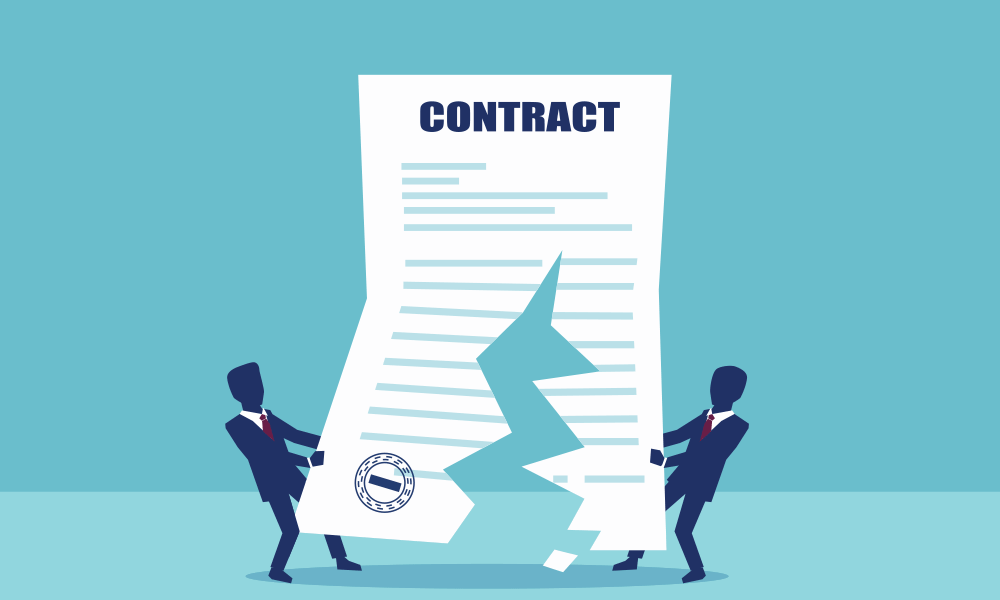Every one of us gets into legal trouble at least once in our lifetime. Now, these legal troubles do not have to mean you immediately need to go to court and trial your case, it can be resolved with alternative methods that we will talk about in more detail below.
Depending on what type of dispute you have and with whom you have it, your legal process can take longer or shorter. Those things also depend on your lawyers, the judges and other factors that you can or can’t influence in a certain manner. When it comes to legal actions you can sue and hope for a win, you can be sued and defend the best you know, or your lawyer knows, or you can reach for other ways to resolve your legal issues.
So, what do you think you can do to resolve the legal issues that emerged? Is there a reasonable exit out of this situation and can it be both cheap and time-saving? Well, let’s see.
Depending on which legal issue you have you will have two options – court case solutions or alternative dispute resolution (ADR). ADR methods we will talk about today are mediation and arbitration and although these two sound similar and in some ways, they are, we will focus on their differences primarily. Mediation and arbitration are commonly used to resolve disputes related to:
- Employment contracts,
- Landlord/tenant contracts,
- Divorce/Child custody or support,
- Business disputes/Partnership disputes and others
ADR methods are always more preferred, especially if there are no elements of criminal activity, because of their lower cost, quicker resolvent of issues, they are more intimate and probably yield better results overall. Let’s take a look at each of the processes, but before that, we want to inform you that no matter which process you may go to or you may be on currently, the best idea is to have a seasoned lawyer watching your back and representing your best interest, just like embrylawfirm.com always does.
Mediation

Mediation is an alternative dispute resolution process – ADR that has two sides that are in some sort of a dispute/legal problem and that will need to see someone called a mediator. A mediator is an impartial third party that can help facilitate decision-making. This neutral third party (usually a law expert) called is the one that is supposed to resolve a dispute amicably to avoid the hassles, the expense and the time-wasting of litigation. Mediation is less formal than Arbitration and it does not need facts and evidence to conclude the case. Mediation is there to help bring two parties closer to an agreement that they can both well, agree on and resolve their issues.
A skilled mediator sits down with these two sides who are at odds, whether it is a business dispute or a husband-and-wife issue, and makes some recommendations and tries to make some suggestions which will help bring them close and help them work out their matter. The key here to know is whatever the mediator says is not legally binding, it is more of a guidance and opinion.
Mediation is your way to resolve any issues you may have in a less public, less crowded and less expensive way. Any legal problem may go to court in front of a judge and a jury but smaller legal matters will usually be assigned to ADR first and if it does not reach resolvent there it can lead to a court settlement.
Mediation has its advantages and besides being cheaper and less time-wasting than litigation it is also confidential, based on a party decision and involves direct communication which we already mentioned.
Arbitration

Arbitration is similar to mediation, except for the fact that it is a more formal process that follows the same procedures as in litigation only out of the courtroom. Arbitration is normally used for commercial disputes, especially in the context of international commercial transactions. It is facilitated by an impartial third party that can be a retired judge, a lawyer, a counsellor or anyone else the parties agree on, who will play the role of the “judge.” The difference in arbitration is that it is more formal and the parties need to submit documents and evidence and argue their position in front of their arbitrator. The arbitrator will listen to both sides, review evidence, hear all of their testimonies and make an award or a decision. The key here is that, compared to Mediation, whatever the arbitrator makes as a decision is equivalent to a judgment made in court and it is legally binding.
If it wasn’t clear by now, we need to state this again. Many people believe that since the dispute is resolved by an arbitrator or arbitrators in a case of arbitration or by a mediator or mediators in a case of mediation, and not by a judge and the court, it has a lesser value, which is completely wrong.
Both arbitration award or a mediation settlement, if accepted and duly signed by both parties involved in the process is as valid as the judgement of the court and hence, legally binding for both sides and enforceable by the law of the land.

We mentioned some of the differences and explained what both of the ADR methods are and now at the end, we will tell you about some similarities that might interest you as well.
Both of these ADR methods can resolve civil disputes.
Both are modes of settlement out of the courtroom, as you probably deduced yourself.
In both ADR methods, both the parties have the freedom to choose arbitrators or mediators and they also have the freedom to choose a venue and the date of the process, which suits them the best.
After what we wrote here you now have a better understanding of these two processes and you can now tell which one would you need in your potential legal dispute. Another thing to know is that, no matter how formal or informal these processes are, it is always good to have a legal representative behind you, representing your case. This will ensure the best legal result for you and it will mean that you win, even though out of court, will be a sure thing.

